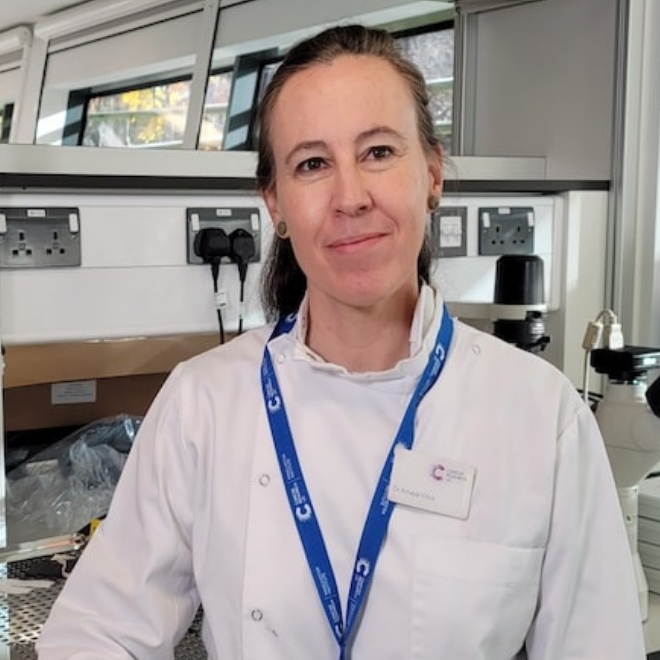Article highlights & insights
Background Ultraviolet radiation (UVR) affects local cutaneous and systemic immunity acutely. The wavelength, pattern and intensity of UVR exposure, individual skin phototype and immune state of individuals modulate the impact of UVR systemically. Local cutaneous immunity after UVR leads to immunosuppression that impacts melanoma. However, the effects of systemic UVR-induced changes on solid cancer therapy are not known.
Methods The authors investigated the impact of repeated UVR exposure on systemic immunity and immune checkpoint blockade (ICB) tumour responses in colorectal cancer and melanoma mouse models.
Results Animals exposed to chronic UVR exhibit decreased ICB response, which is mediated by systemic factors. Repeated UVR exposure expanded systemic lymphocyte populations and contracted total systemic myeloid cells. Specifically, UVR expanded peripheral blood CD4+ regulatory T cells (Tregs), which in turn led to greater Treg infiltration and immunosuppression in colorectal and skin cancer, and colorectal ICB-resistant tumours expressed unique pathways of ICB resistance due to systemic UVR. The response to ICB was restored with systemic pharmacological depletion of Tregs. In preliminary human data, there is an association between the molecular evidence of repeated UVR exposure in dermal fibroblasts and higher systemic Tregs.
Discussion Our data indicate that patients with melanoma and other cancers on immunotherapy should avoid repeated sun exposure.
Background Ultraviolet radiation (UVR) affects local cutaneous and systemic immunity acutely. The wavelength, pattern and intensity of UVR exposure, individual skin phototype and immune state of individuals modulate the impact of UVR systemically. Local cutaneous immunity after UVR leads to immunosuppression that impacts melanoma. However, the effects of systemic UVR-induced changes on solid cancer therapy are not known.
Methods The authors investigated the impact of repeated UVR exposure on systemic immunity and immune checkpoint blockade (ICB) tumour responses in colorectal cancer and melanoma mouse models.
Results Animals exposed to chronic UVR exhibit decreased ICB response, which is mediated by systemic factors. Repeated UVR exposure expanded systemic lymphocyte populations and contracted total systemic myeloid cells. Specifically, UVR expanded peripheral blood CD4+ regulatory T cells (Tregs), which in turn led to greater Treg infiltration and immunosuppression in colorectal and skin cancer, and colorectal ICB-resistant tumours expressed unique pathways of ICB resistance due to systemic UVR. The response to ICB was restored with systemic pharmacological depletion of Tregs. In preliminary human data, there is an association between the molecular evidence of repeated UVR exposure in dermal fibroblasts and higher systemic Tregs.
Discussion Our data indicate that patients with melanoma and other cancers on immunotherapy should avoid repeated sun exposure.
Institute Authors
Groups
Group leader
Labs & Facilities
Research topics & keywords
Why choose Cancer Research UK Manchester Institute?
The Cancer Research UK Manchester Institute, an Institute of The University of Manchester, is a world-leading centre for excellence in cancer research. The Institute is core funded by Cancer Research UK (www.cancerresearchuk.org),
the largest independent cancer research organisation in the world.
We are partnered with The Christie NHS Foundation Trust, one of the largest cancer treatment centres in Europe, which is located adjacent to the CRUK MI Manchester Institute in South Manchester. These factors combine to provide an exceptional environment in which to pursue basic, translational and clinical research programmes.

Our vision for world leading cancer research in the heart of Manchester
We are a leading cancer research institute within The University of Manchester, spanning the whole spectrum of cancer research – from investigating the molecular and cellular basis of cancer, to translational research and the development of therapeutics.
Our collaborations
Bringing together internationally renowned scientists and clinicians
Scientific Advisory Board
Supported by an international Scientific Advisory Board









